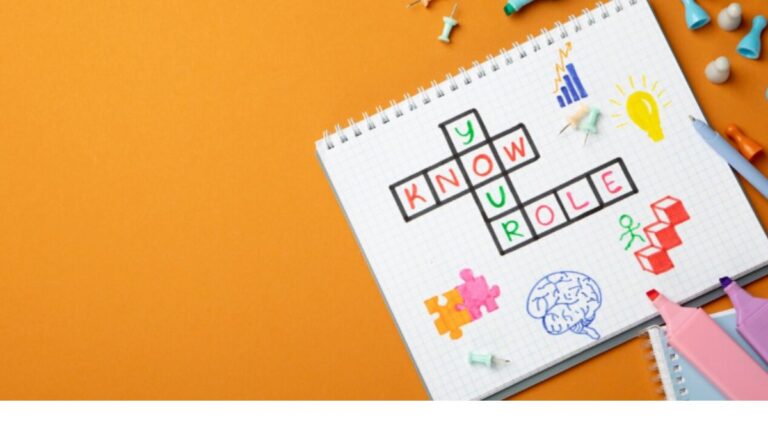Keeping the brain active is essential for overall cognitive health, especially as we age. One enjoyable and effective way to achieve this is through regular puzzle-solving. Engaging with puzzles offers much more than entertainment; it provides a mental workout that enhances memory. Solving crosswords, word searches, or logic problems stimulates multiple brain areas. Regularly visiting resources like https://www.pennydellpuzzles.com/ can expose users to fresh challenges, keeping mental pathways active. Scientific evidence suggests that keeping the mind active by solving puzzles can slow cognitive decline and improve memory recall, particularly as people age.
Studies show that those who engage in regular puzzle-solving activities are at a lower risk of developing memory-related issues later in life. By practicing pattern recognition, deduction, and recall, puzzle enthusiasts train their brains the same way an athlete would train their muscles. According to the Alzheimer’s Association, cognitive stimulation through puzzles can play a positive role in maintaining mental acuity.
How Puzzles Support Focus and Concentration
Puzzles demand attention to detail and sustained effort, which can significantly improve one’s ability to focus. Sorting pieces, deciphering clues, or analyzing possible solutions trains the brain to block out distractions and hone in on the task at hand. This skill often carries over into daily life activities such as work, studies, and even conversations, leading to better productivity and improved listening skills.
Puzzles offer an immersive experience and encourage prolonged periods of concentration. Just as mindfulness training can help redirect wandering thoughts, dedicating time to challenging puzzles conditions the mind to focus deeply on a single problem until it is solved.
Types of Puzzles that Enhance Cognitive Skills
Not all puzzles are created equal, and each type plays a unique role in cognitive health. Word puzzles, for example, stimulate language skills and expand vocabulary. Number and logic puzzles, such as Sudoku, activate problem-solving and critical thinking abilities. Jigsaw puzzles deliver visual and spatial training, improving short-term memory and hand-eye coordination. The key is matching the puzzle type to the desired brain benefits.
For those looking to balance memory training with enjoyment, rotating between several puzzle types is wise. This approach targets different brain regions and sustains long-term interest, reducing the risk of cognitive stagnation.
Incorporating Puzzles Into Daily Life
Making puzzles a daily habit does not require hours at a time. Setting aside ten minutes for a quick crossword or word search can yield cognitive dividends. Place a puzzle book on your coffee table or download a puzzle app to have it accessible throughout the day. Teachers and caregivers often include puzzles in routines to help keep young minds active and engaged.
For older adults, regular puzzle-solving routines can become a source of pride, offering goals to achieve and benchmarks for comparing progress over time. Consistent engagement can result in a noticeable boost in speed and accuracy.
Making Puzzles a Fun Social Activity
Puzzles are also effective for building and maintaining social connections. Family game nights, classroom challenges, or online competitions encourage teamwork and collaboration. Working toward a solution as a group fosters communication and emotional bonding, providing a welcome break from screens and individual pursuits.
In group environments, the diversity of thought leads to creative solutions, broadening each participant’s thinking approach while enhancing group camaraderie.
The Mindfulness Effect—Reducing Stress through Puzzles
Immersing oneself in a puzzle is a natural way to slow down, engage the senses, and focus on the present moment. Research highlighted by the American Psychological Association suggests that leisure activities like puzzling can reduce stress and elevate mood. Puzzles’ repetitive, goal-oriented nature can induce a flow state, calming racing thoughts and anxiety.
This stress relief is accessible to anyone, making puzzles ideal for mental health breaks at work or home.

